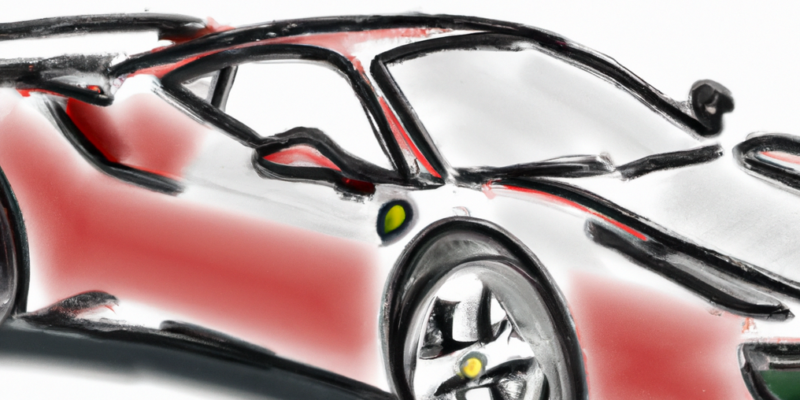The EUTM Appellate Court of Alicante has confirmed the pan- European injunction preventing the manufacture and commercialization of unauthorized versions of Ferrari’s one-off models by 3D printing
Court decision no. 7/23 of 10 February 2023 of the EUTM Court of Alicante has confirmed the interim measures aimed at preventing the manufacture and commercialization of one-off models without Ferrari’s authorization.
The defendant used the original Ferrari 488 GTB to digitise the original bodywork using a 3D scanner and designed a new bodywork based on other iconic Ferrari cars. The new model was christened by the defendant “Ferrari 7X GTO Vision”. It is important to emphasize that the new bodywork was installed on original Ferrari cars.
The Appellate Court was certain about the existence of trade mark infringement based on Article 9(2)(a) EUTM, double identity, in accordance with the case law of the CJEU (C-206/01 Arsenal case). It expressly states that “when the person who uses another person’s sign does so in order to distinguish his own goods or services, as is the case by reason of the transformation carried out on the vehicle (…), such uses being fully appropriate to fulfil the purpose of indicating the commercial origin (…)“.
In addition, the Appellate Court concluded that Ferrari’s copyright in the bodywork of its 488 GTB model and other earlier models had been infringed. The Court considered these models original and, therefore, protectable as works of applied art under article 10.1(3) of the Spanish Intellectual Property Law. According to the court, “the vehicles are intellectual creations of their author, since (…) the shape of the 488 GTB model, as occurs with all Ferrari’s vehicles, has a level of creativity that lends itself completely to being viewed aesthetically, irrespective of its functional purpose. (…) The vehicle in question is one of the icons of the motoring world, known not only for the technique behind its speed on the track or circuit, but, in particular, for the beauty of the characteristic shapes of the brand reflected in, inter alia, the vehicle used by the defendant as the object to be transformed”.
Consequently, the reproduction of the bodywork created using 3D scanning, and its subsequent transformation through a CAD design program leading to the 3D printing of the different parts, entails copyright infringement. The court concluded that the infringing model is a derivative work carried out without the authorization of the owner.
Ferrari has obtained a great success with this decision to stop the manufacture of unauthorised models even if they are based on original cars and adapts IP to the development of new technologies, such as 3D printing. In this case, the combination of trade mark and copyright has been crucial for preventing the freeriding of Ferrari’s goodwill on its iconic sports cars.
* Ferrari was represented by the authors of this post.
** Image by Cristina Mesa using Dall-e
_____________________________
To make sure you do not miss out on regular updates from the Kluwer Trademark Blog, please subscribe here.



